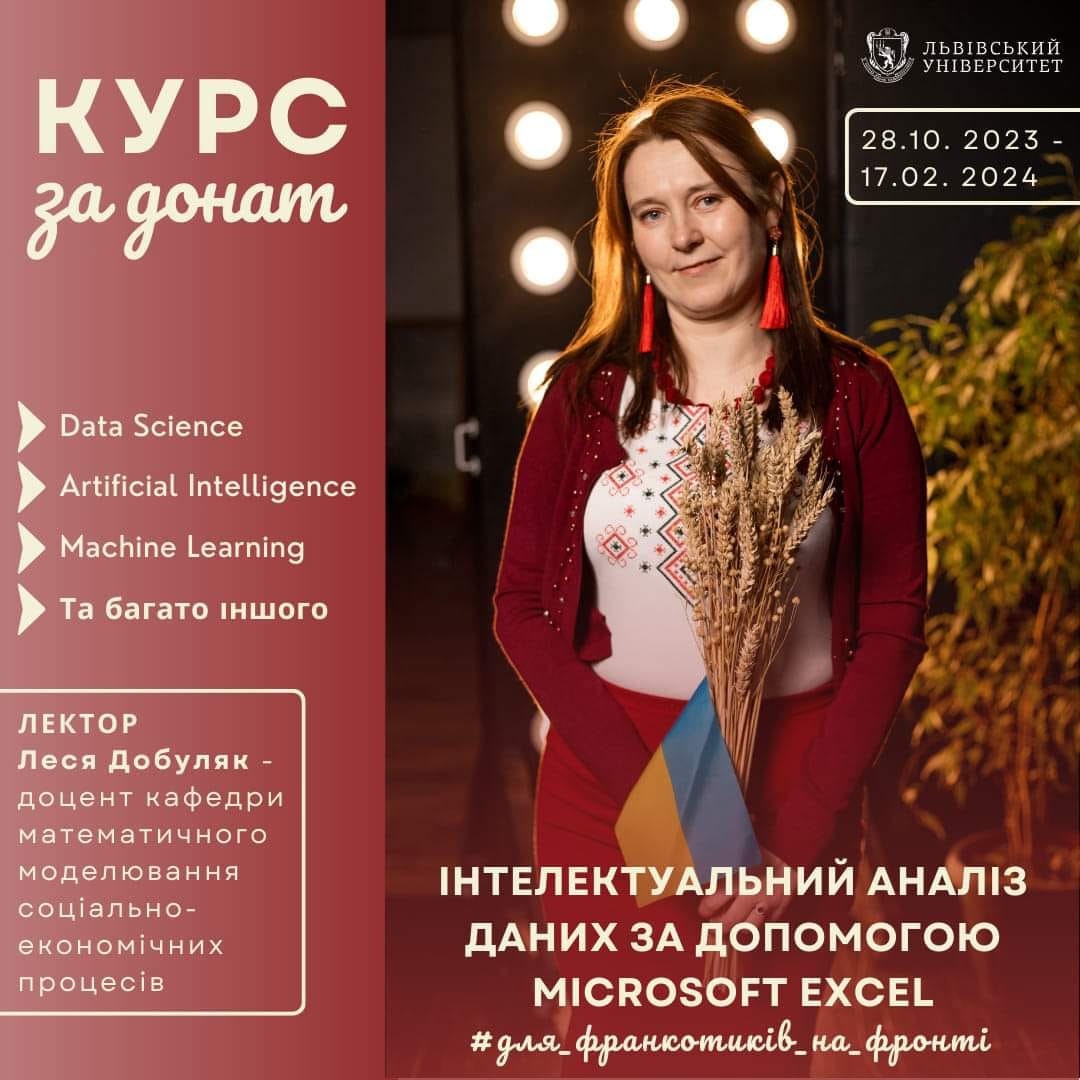On November 17, an exciting Startup Jam took place, bringing together 8 student teams from the Faculty of Electronics and Computer Technologies at Ivan Franko National University of Lviv.
Zoryanytsia: Digital Portal of Ukrainian Authenticity – Zoryanytsia is a digital platform preserving and promoting the authentic Ukrainian language, history, and culture in one unified space.
BeeNet — Intelligent Warfare System – BeeNet uses AI-powered autonomous drones to detect and prevent attacks on critical infrastructure through scalable swarm technology.
GymFlow AI – GymFlow AI provides personalized AI-driven fitness coaching, real-time gym occupancy forecasting, and holistic support for physical and emotional well-being.
ThesisHub – ThesisHub offers a transparent platform for Ukrainian students to develop and showcase their academic work with structured guidance from educators.
AlgoTrade – AlgoTrade combines rule-based trading algorithms with AI sentiment analysis to make smarter, news-informed investment decisions.
Plant Monitoring System – The Plant Monitoring System collects sensor data to analyze plant health and provide actionable care recommendations.
Intelligent Parking Solutions – Smart Parking helps cities and drivers optimize parking through IoT sensors, real-time availability, and seamless mobile payments.
ReLoCo (Relocation Company Hub) – ReLoCo supports SMEs in Ukraine with safe, fast, and legally compliant business relocation during wartime via an integrated digital platform.














